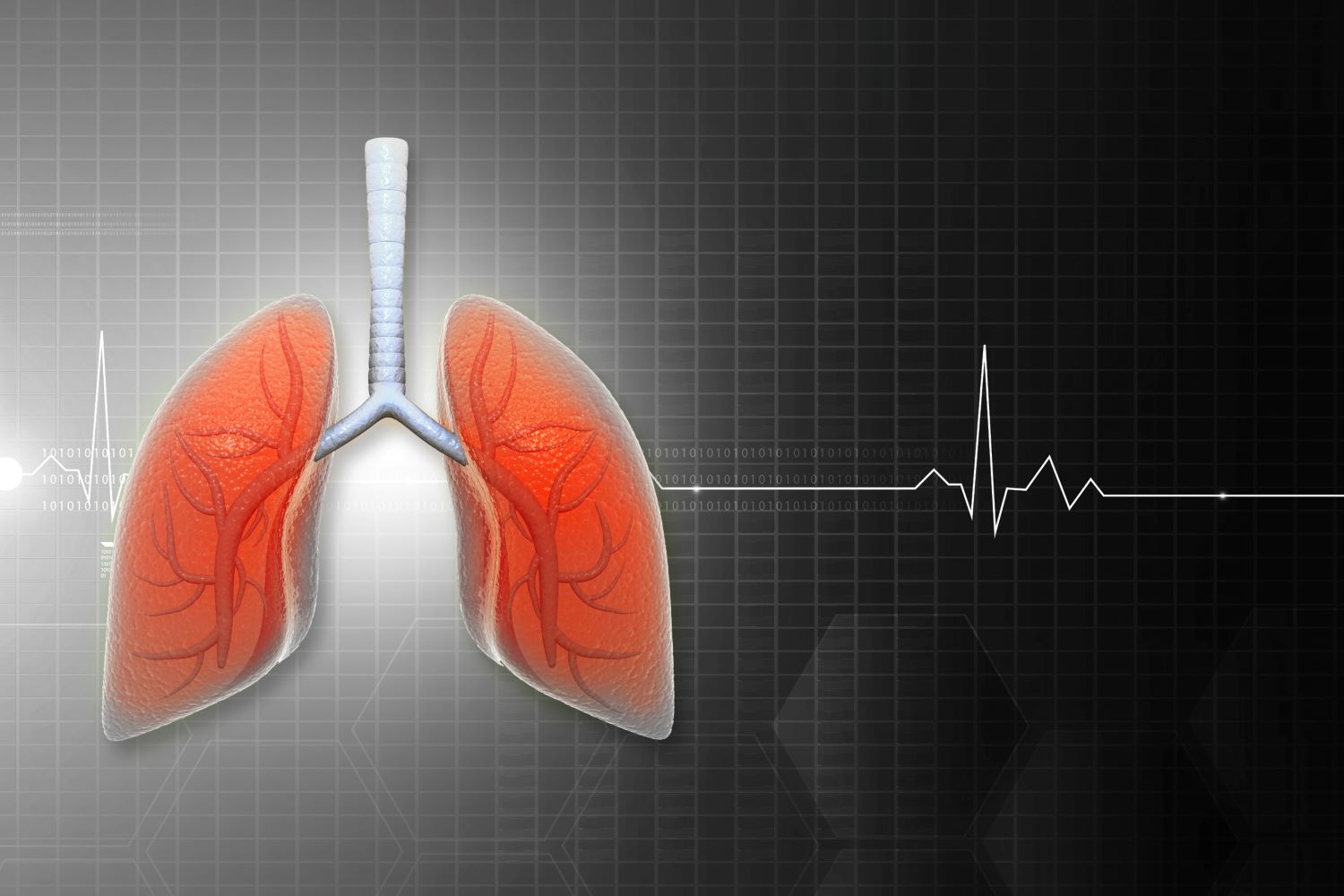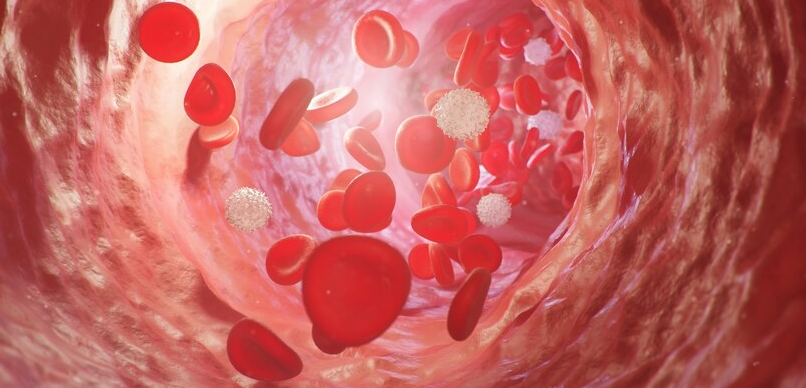The following is a summary of “Investigation of Causal Effects of Protein Biomarkers on Cardiovascular Disease in Persons With HIV,” published in the April 2023 issue of Infectious Diseases by Reilly, et al.
Cardiovascular disease (CVD) risk is increased among people with HIV (PWH), but the underlying mechanisms are not fully understood. For a study, the association between a panel of biomarkers and CVD risk among PWH was investigated, and Mendelian randomization (MR) was used to identify potentially causal relationships.
Data from four large trials among PWH were analyzed to identify 131 cases of incident CVD, which were matched to 259 participants without incident CVD (controls). In addition, associations between baseline levels of 460 proteins and CVD status were assessed.
Univariate analysis identified five proteins associated with CVD risk: CLEC6A, HGF, IL-6, IL-10RB, and IGFBP7. A multivariate model identified three of these proteins as independent predictors of CVD risk: CLEC6A (odds ratio [OR] = 1.48, P = .037), HGF (OR = 1.83, P = .012), and IL-6 (OR = 1.45, P = .016). MR analysis identified five proteins significantly associated with CVD risk: AXL, CHI3L1, GAS6, IL-6RA, and SCGB3A2.
The findings suggested that inflammatory and fibrotic processes contribute to CVD risk in PWH. While some of the identified biomarkers are well-established in the general population and among PWH (such as IL-6 and its receptor), others are novel to PWH (HGF, AXL, and GAS6), and some are novel overall (CLEC6A). Further investigation was needed to understand the unique roles of these biomarkers in PWH and their potential as therapeutic targets.
Source: academic.oup.com/jid/article-abstract/227/8/951/6965280?redirectedFrom=fulltext


















